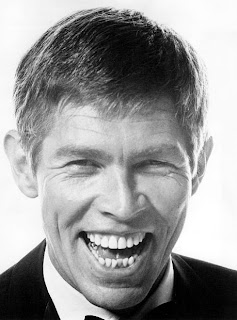There's a very long piece from the NY Times (here if you're really interested) and the gist of it is that research has shown that sharing one's self towards altruistic goals - helping colleagues, mentoring, giving, caring etc. - actually nets positive results.
It's a mixture of making yourself feel good and people wanting to deal with you - business-wise, at work - because of them actually liking you.
Some successful brands - The Body Shop, Human Nature, Toms come to mind - have, in fact, made benevolence part of their DNA.
I'd reflected on that and realized two very recent examples:
- Our partnership with the cosmetics brand Ellana had started out on the basis of my Dad, Diego - my brother - and I wanting to just help out on some concerns Theresa, the owner, had with her business. It had eventually turned into several sessions and into the realization that she'd a strong business with great potential and was someone we'd like to work with.
- I'd gotten to know Fanny, our HR Head for our HR resources firm, as someone we'd contacted, through my brother, as the headhunter for a position we were trying to fill. It had been a long process and through it had gotten to know her - solely by phone. Towards the end, she'd shared her recent resignation after an arduous experience. I'd offered to meet for lunch to offer support and encouragement.
The scheduled one hour lunch stretched and with us hitting it off - reaching the conclusion she'd be perfect for us.
It was no surprise, therefore, that her reply to my asking her recently what she thinks her reason for existence is was "to help others."
It'd reminded me of that line I'd shared a few posts back: "Discover gifts, passions and purpose in life so you can help others Happiness comes as a result."
And now, a few more leadership pointers from Lincoln:
XIII. Encourage Innovation
- Don't lose confidence in your people when they fail.
- Let your subordinates know that you are always glad to have their suggestions.
- If you never try, you'll never succeed.
- Remember that the best leaders never stop learning.
Written September 28, 2014
